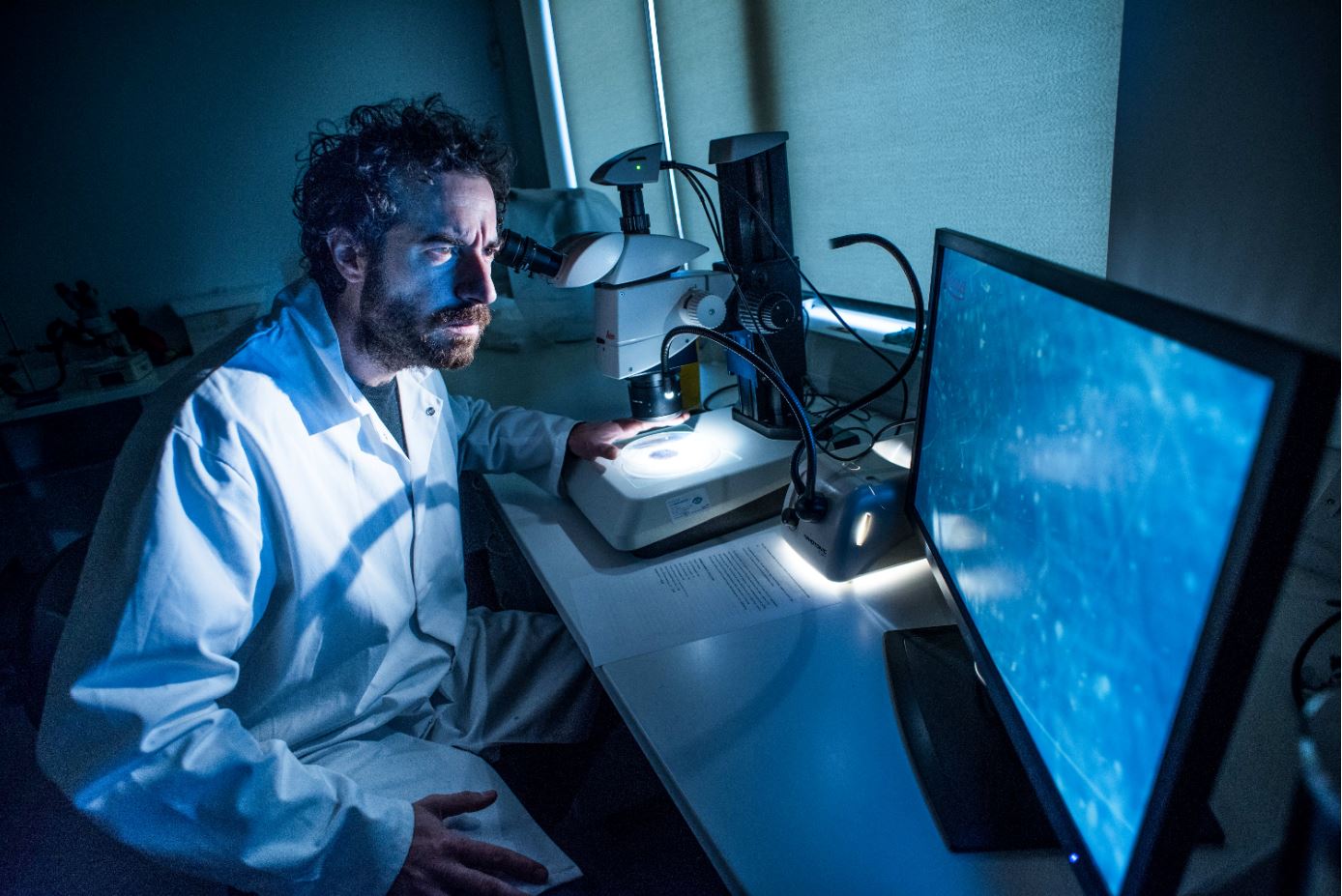New projects place Highland researchers at forefront of water innovation
Researchers at the University of the Highlands and Islands are exploring how cutting-edge technologies can be used to treat wastewater from hospitals and distilleries. The university partnership has received £245,919 from the Scottish Government’s Hydro Nation scholars programme to undertake two new projects to help improve the quality of water being released into the environment.
The first project will tackle the issue of clearing pharmaceutical drugs from hospital wastewater. Scientists have found that these chemicals are difficult to remove from water treatment works so researchers will investigate whether new filters made from nanomaterials which adsorb and breakdown the chemicals, together with exposure to specialised light, can eliminate them before they leave hospital water systems. The project, which is being led by the university’s Institute for Health Research and Innovation and North Highland College UHI’s Environmental Research Institute, will involve innovations developed by the Oxford-based technology company, PolyCat UK and collaboration with pharmacists at NHS highland. Early testing with a prototype filter has shown promising results.
The second Hydro Nation project will investigate the effectiveness of reedbeds which are used to clean wastewater from the distilling process. The practice of running wastewater through reedbeds before releasing it into rivers and streams is used by many distilleries. Researchers from North Highland College UHI’s Environmental Research Institute and Inverness College UHI’s Rivers and Lochs Institute will use cutting edge ‘environmental DNA’ techniques to measure the diversity of the ecosystem in reedbeds and link this to water quality at a number of Scottish distilleries. The project, which is being run in collaboration with the Malt Distillers Association of Scotland, the Scotch Whisky Association, the Scotch Whisky Research Institute, aims to develop a new toolkit to help distilleries maximise reedbed performance.
The university has recruited two new PhD students to work on the projects. Starting this month, Manuel-Thomas Valdivia from Germany and Ilgaz Çakin from Turkey will dedicate the next four years to the studies.
Manuel-Thomas said:
“I am delighted to start my PhD project to explore and contribute to such a topical issue, protecting human health from potentially toxic pharmaceuticals in our water bodies. I am motivated and optimistic that throughout the research I will be scrutinising and designing an applied, sustainable solution for eliminating these compounds at an early stage of the wastewater cycle, at key point-sources like hospitals, before they can reach rivers, lochs and ultimately our drinking water and cause harm. Antibiotic resistances and feminisation of fish are a few effects of uncontrolled pharmaceutical pollution in the environment and the long-term health effects on humans are still mostly unknown. It is imperative we address these risks.”
Ilgaz said:
“The Scotch whisky industry exports approximately 900 million litres of whisky per year, but only around 10% of what flows out of a still is future whisky. The remainder is draff and pot ale - wastewater high in organics and copper. Scotland’s flagship whisky industry needs cost-effective, efficient and sustainable wastewater treatment to support and protect its traditional production methods. This project will look at reedbed based systems from an entirely new perspective, helping distilleries optimise their wastewater treatment in a nation that knows the value of water - which makes me really excited!”
Professor Stuart Gibb, Director of the Environmental Research Institute, commented:
“Water is of central importance to the economy of Scotland, both as a sector in its own right and as a critical resource for the manufacturing, health, agriculture, food and drink, tourism and energy sectors. The Scottish Government is committed to making Scotland a ‘Hydro Nation’. We are therefore delighted to extend our involvement in its scholarship programme with these new partnership projects. They will add to the university’s water quality innovation portfolio and extend our aspirations in addressing challenges associated with water quality preservation and improvement, drinking water provision, wastewater treatment and resource management.”
Professor Ian Megson, Head of Health Research and Innovation, added:
“Water is essential to life and clean water is critical for health. We are beginning to understand that even minute quantities of chemicals can contaminate water and have profound effects on both the health of the environment and on that of humans and animals which depend on it. The hospital wastewater project will bring together scientists, pharmacists and companies to understand the extent of the problem and devise highly innovative technology to irradicate it.”
